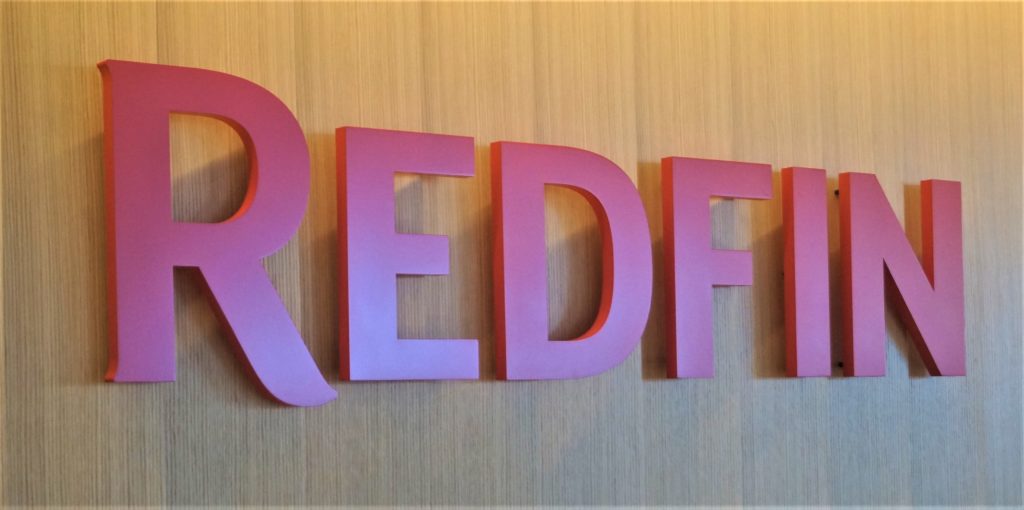According to the most recent figures, 20 percent of all home sellers have dropped the price of their listings because of sagging demand. As a result, for the first time in over a year and a half, the average home sells for less than the list price.
The data from Redfin show homes are sitting on the market longer than they did a year ago, and the median price dropped by $14,000. Consequently, the supply of homes is rising. The National Association of Realtors reported that listings are 20% lower than in July 2021.

Higher mortgage rates have exacerbated the problem. The Redfin data also reveals showings and buying services down, with homes lingering a lot longer on the market. Meanwhile, Goldman Sachs predicts home price drops will affect nearly 40% of metropolitan areas in 2023.
The seemingly good news is that strategists at GS say overall prices will rise 0.7%. This Forbes report indicates that big metropolitan areas in western states will be affected. A Fortune report reveals why.
“On a year-over-year basis, new home sales and existing home sales are now down 29.6% and 20.2%. And single-family housing starts and mortgage purchase applications are down 18.5% and 23%, respectively. Simply put: Housing activity is contracting—fast.”
Mortgage rate volatility and upward ticks, record-breaking home prices, a looming economic recession, and a weaker labor market are other factors contributing to a market with nowhere to go but down. Additionally, the Homebuyer Affordability Fixed Mortgage Index from the National Association of Realtors has plunged to its lowest level since 1989, and the outlook turns pretty grim.
A report for Seeking Alpha by Dave Kranzler hammers this home. He points out Blackstone’s subsidiary Home Partners of America halts buying homes in 38 cities, with another ten cities in the works. In reality, analysis of the market is not rocket science. The world is on the brink of an economic paradigm shift, and the current administration seems to have no fix in the works.
Finally, the New York Post’s Thomas Barrabi recently quoted famed guru Jeremy Grantham voicing a kind of financial doomsday on the horizon, referring to the current economic bubble we’re sitting on.
"Despite a summer rally, the US stock market is still an unprecedented 'superbubble' that will cause financial 'tragedy' for investors when it bursts.”
Grantham compared the current situation to the crash of 1929, 1973, and 2000. Experts predict recessions worldwide, but total economic collapse in the UK and the EU, and the picture gets turned into a more crisp focus. Our global connectedness has its adverse effects.
This is not about partisan politics or personal preferences. There’s just not a lot indicating we’re headed in any suitable direction. The nation is divided, and even segments are being marginalized. Rising inflation, uncertainty over energy, a cooling job market (even Goldman Sachs has a freeze), the administration redefining what “recession” is, the messages are all bad. So when political bullhorns like NPR start telling us what a “happy song” will do for us in an economic disaster, it’s time to start worrying. No, I am not kidding. They reported on this.
Winter’s coming, and you can expect a lot of belt-tightenings to come.